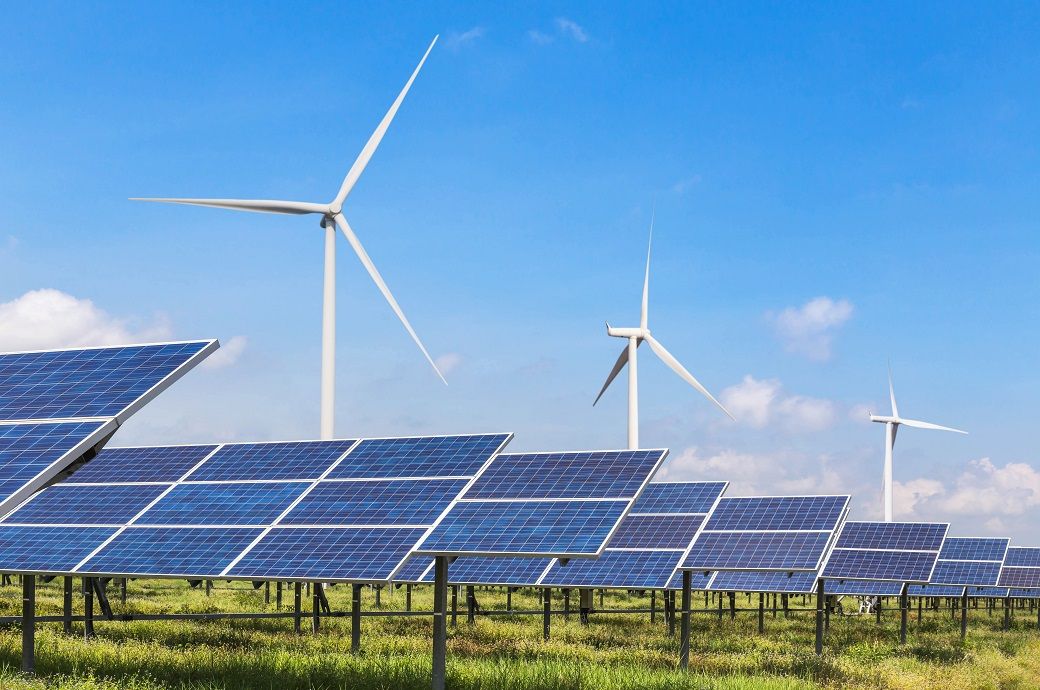The report projects that energy prices could remain substantially higher in Europe compared to its global competitors, and therefore, additional policy measures will be needed to secure the competitiveness of European industry, supported by a conducive regulatory framework and a scale-up of private and public investments.
The report was compiled by Chicago-based global economic consulting firm Compass Lexecon.
An enormous scale-up of renewable and low-carbon capacity is needed to reduce the energy price gap between the EU and third countries and reach climate neutrality, a BusinessEurope report said.
Energy prices could remain substantially higher in Europe and additional policy measures will be needed to secure the competitiveness of European industry, it noted.
While there are major challenges ahead, this analysis demonstrates that a competitive energy and climate transition is still possible if the right policy decisions are made in time.
Building on the report’s conclusions, BusinessEurope called on EU policymakers to urgently take seven actions during the next political cycle.
The policymakers should sufficiently raise the deployment and integration of all renewable and low-carbon energy sources, and the necessary infrastructure; close the investment gap; secure the hydrogen value chain; continue to speed up and streamline permitting procedures; tackle the carbon cost differential and ensuring effective implementation of the Carbon Border Adjustment Mechanism (CBAM); introduce measures to close the energy competitiveness gap; and foster industrial decarbonisation through effective demand-side measures.
European energy policy must focus on ensuring a sufficient supply of all generation sources and infrastructure, and needs to move towards a fully comprehensive and coherent policy framework, the report said.
This should cover all key elements needed to make the energy system more cost-effective, modern and robust, including the supply of renewable and low-carbon energy, energy storage, efficiency measures and demand-side management, energy infrastructure, carbon capture and storage, flexible capacity and interconnections.
Europe’s ability to mobilise more private investments in necessary production capacity and essential infrastructure will be central to reaching the Net-Zero target, it noted.
Measures that improve framework conditions for investments in general are fundamental and need to be the primary focus. Next to private financing, targeted public funding will be crucial to de-risk and trigger some of the investments needed to raise the deployment of energy capacities and infrastructure.
The EU must safeguard investment certainty and industrial demand for green hydrogen as it remains the vital hydrogen source for achieving a decarbonised economy by 2050.
In parallel to the green hydrogen ramp up, low-carbon hydrogen will have to play an important role in facilitating a switch to lower emission techniques and supporting the development of the European hydrogen market in the coming years.
An integrated, cross-sectoral approach to permitting, covering environment, climate and energy policies is urgently needed.
An in-depth monitoring of the CBAM implementation is crucial to ensure that it will prevent carbon leakage. In addition, there is an urgent need to accelerate the work on CBAM’s critical parameters.
Should CBAM prove to be ineffective in preventing carbon leakage, it will be important to reconsider the phase-out of free allowances early enough to ensure effective carbon leakage protection, and until other appropriate instruments are found that can reliably provide such assurance, the report noted.
Finally, implementing sustainability criteria for public procurement in all EU member states would stimulate demand for clean tech and decarbonised products in Europe, it added.
Fibre2Fashion News Desk (DS)

